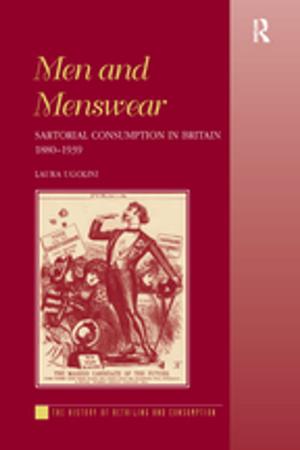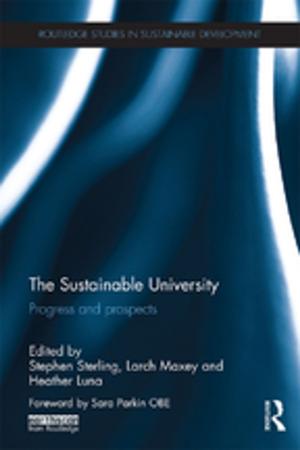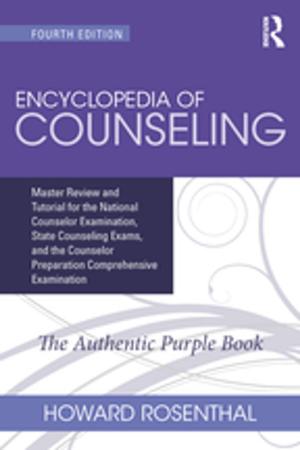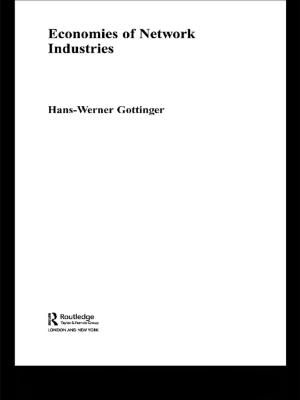| Author: | ISBN: | 9781135089238 | |
| Publisher: | Taylor and Francis | Publication: | January 11, 2013 |
| Imprint: | Routledge | Language: | English |
| Author: | |
| ISBN: | 9781135089238 |
| Publisher: | Taylor and Francis |
| Publication: | January 11, 2013 |
| Imprint: | Routledge |
| Language: | English |
Does the concept of ethnicity divide the oppressed or unite minorities? Is the term `community' a dangerous fiction? What are the relations between the liberal capitalist democratic state and racialized minority groups? The contributors to this book confront and discuss these questions, bringing together ideas on urban social theory, contemporary cultural change and analysis of racial surbordination in order to explore the relationship between racism, the city and the state.
The book concentrates on the urban context of the process of racialization, demonstrating that the city provides the institutional framework for racial segregation, a key process whereby racialization has been reproduced and sustained. Individual chapters explore the profound divisions inscribed on the face of the city, showing for example that ethnicity is more powerful than social class in moulding the identities of new migrants to California, and that the reconstruction of French capitalism has opened new opportunities for the growth of right-wing popularism. The contributors show how, in the UK, urban space over the last two decades has been redefined and reconstructed in ways which sustain separation and racial inequality, and they highlight how black minorities struggling for survival in Britain's cities are seen as responsible for violence, crime, poverty and overcrowding.
Does the concept of ethnicity divide the oppressed or unite minorities? Is the term `community' a dangerous fiction? What are the relations between the liberal capitalist democratic state and racialized minority groups? The contributors to this book confront and discuss these questions, bringing together ideas on urban social theory, contemporary cultural change and analysis of racial surbordination in order to explore the relationship between racism, the city and the state.
The book concentrates on the urban context of the process of racialization, demonstrating that the city provides the institutional framework for racial segregation, a key process whereby racialization has been reproduced and sustained. Individual chapters explore the profound divisions inscribed on the face of the city, showing for example that ethnicity is more powerful than social class in moulding the identities of new migrants to California, and that the reconstruction of French capitalism has opened new opportunities for the growth of right-wing popularism. The contributors show how, in the UK, urban space over the last two decades has been redefined and reconstructed in ways which sustain separation and racial inequality, and they highlight how black minorities struggling for survival in Britain's cities are seen as responsible for violence, crime, poverty and overcrowding.















